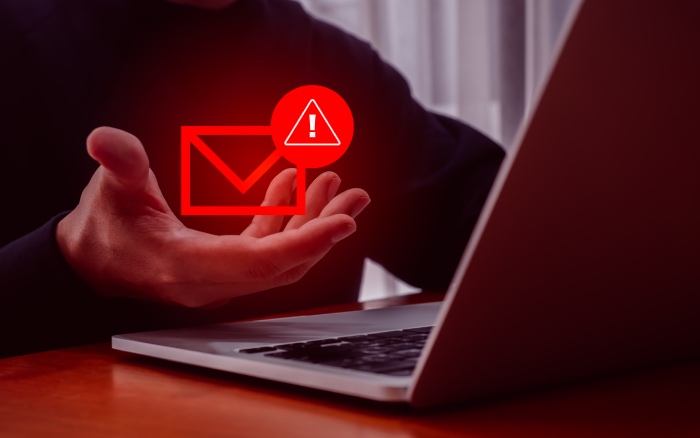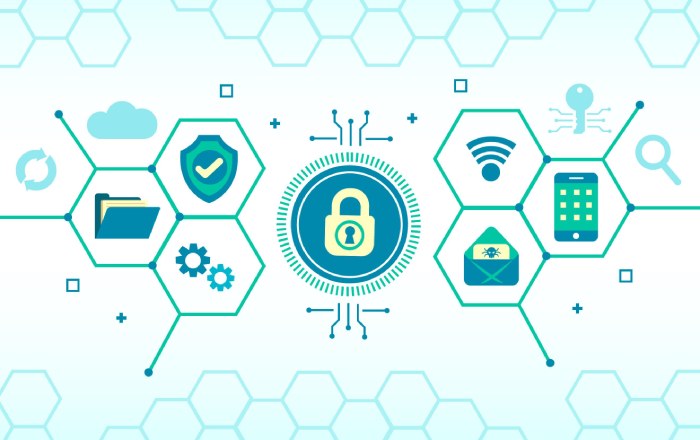Recent cyberattack instances on UPS and Meta Mask and a general rise in phishing attacks make it imperative for organizations to follow robust cybersecurity strategies.
Multinational shipping giant UPS has been one of the latest victims of SMS phishing attacks, underlining enterprises’ demand for higher vigilance. It is one of the recent massive phishing attacks that sent shockwaves through the cybersecurity community.
The terrifying and extended attack exposes the vulnerability of customer information. This breach also raised concern about the security of personal data and highlighted the urgent need for organizations and individuals to boost their lines of defense.
With phishing scams continually evolving and increasing, organizations must adopt adequate countermeasures. Besides using anti-phishing tools, businesses also need ransomware protection to thwart malicious interventions. The data breach targeting UPS disclosed customer information, marking increased SMS phishing attacks.
The SMS Phishing Attack on UPS Shipping Service
The attack involved UPS customers receiving fraudulent text messages. These messages demanded payment before their packages were delivered. The internal review launched by UPS revealed that the threat actors had abused the organization’s package look-up tools to access customers’ shipping information.
The breach occurred between February 1, 2022, and April 24, 2023. It potentially compromised credentials such as recipients’ names, shipment addresses, phone numbers, and order numbers.
With phishing attacks expanding globally, malicious actors leverage the personal details of their customers to accomplish their malicious intentions. These details include customers’ addresses, phone numbers, and other details in addition to order information and price. The data breach explains the need for adequate phishing protection solutions for organizations.
With Phishing Scams on the Rise, Firms Need to Act and Adopt ‘Simple’ Cybersecurity Solutions
The exponential increase in phishing scams points to the immediate measures enterprises must take. Phishing attacks are based on social engineering, where the culprits manipulate individuals into revealing sensitive information or downloading malware. With new attack models such as spear phishing and whale phishing looking menacing, it’s time for organizations to seek adequate phishing protection.
However, Jonathan Tan, Managing Director of Trellix Asia, says that adopting ‘simple‘ cybersecurity solutions is the need of the hour. By simple, he means a simple way to manage the complex and expensive cybersecurity solutions organizations deploy.
The security tools employed are all in a disconnected form, and a fragmented approach to security is what many follow. Though multiple cybersecurity tools are implemented, 36% CISOs (Chief Information Security Officers) believe proper and comprehensive security management based on a unified strategy using a single, centralized system is essential.
Organizations must also educate employees and invest in awareness programs to combat phishing threats. Every employee should be proactive and trained to identify common phishing indicators. Enterprises should also encourage them to report these indicators to their managers. Thus, organizations can significantly mitigate phishing attacks.
Apart from phishing SMSs targeting UPS, organizations must stay secure from phishing emails. They must implement multi-factor authentication, robust email filters, and advanced threat detection tools to bolster their defense against phishing attempts. The key to remaining secure from online attacks is cultivating a strong cybersecurity culture in your organization.
Increased Vigilance Required to Defend Against Phishing and Scam Messages
Organizations and individuals need greater vigilance to combat various attack models based on phishing. Mostly, online threat actors choose different communication channels, such as emails, SMS, or instant messages, to execute phishing attacks. Among cybersecurity threats, phishing is one of the most severe to personal and financial information.
While adopting adequate countermeasures, individuals must exercise caution while interacting with unfamiliar or suspicious messages. Besides having email phishing protection, they must also develop a cyber-resilient culture. Therefore, organizations need to train their employees not to click malicious links, download suspicious attachments, or provide sensitive information without verifying the authenticity of the request.
You also need to use ransomware protection and anti-phishing solutions. Forward-thinking organizations use email filters capable of detecting and blocking phishing emails before they land in their employees’ inboxes. Besides, continuous employee education and simulated phishing exercises can strengthen your cybersecurity posture.
URL-Based Phishing: The Fake Meta Mask Page
Among other phishing models, URL-based phishing attacks threaten global enterprises severely. Malicious actors are continuously developing new techniques to deceive unsuspecting individuals. The Meta Mask page used to steal cryptocurrency wallets and login credentials is a recent example of URL-based phishing.
The popular cryptocurrency wallet and browser extension Meta Mask was the prime target for threat actors. The miscreants conspired to exploit the digital assets of customers. As a part of this scheme, users were directed to a malicious website resembling the legitimate Meta Mask page.
Here, they were prompted to enter their private keys or passwords, allowing the perpetrators to access the victims’ cryptocurrency wallets, resulting in financial losses.
To prevent URL-based phishing attacks, you must be cautious while clicking links from unverified sources. Besides, organizations should educate employees about the risks associated with URL-based phishing attacks. They can prevent employees from accessing malicious websites with robust web filtering and threat detection systems.
Final Words
Cyberattacks like the UPS data breach and Meta Mask phishing incident and an increase in SMS phishing attacks, in general, emphasize the need for increased vigilance.
Cybersecurity practices such as using email filters, ransomware protection, and email filters can mitigate the threat potential to a significant extent. As mentioned earlier, a simple and unified management strategy to handle all cybersecurity tools in a coordinated way is also vital.

![UPS SMS Phishing, Phishing Scams on the Rise, Phishing Defense Urgent – Cybersecurity News [26 June 2023]](https://www.phishprotection.com/wp-content/uploads/2023/07/anti-phishing-software-4.jpg)

